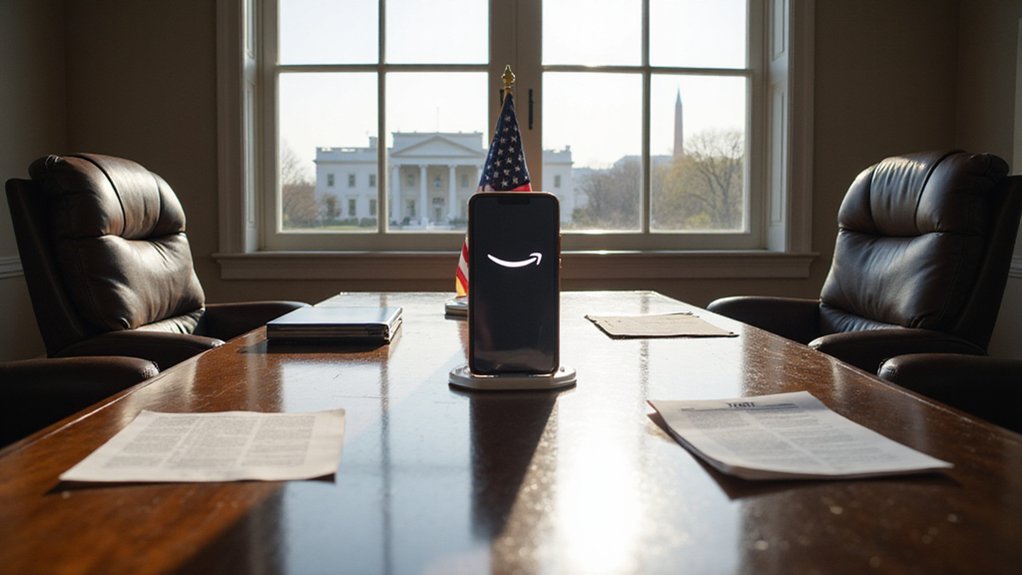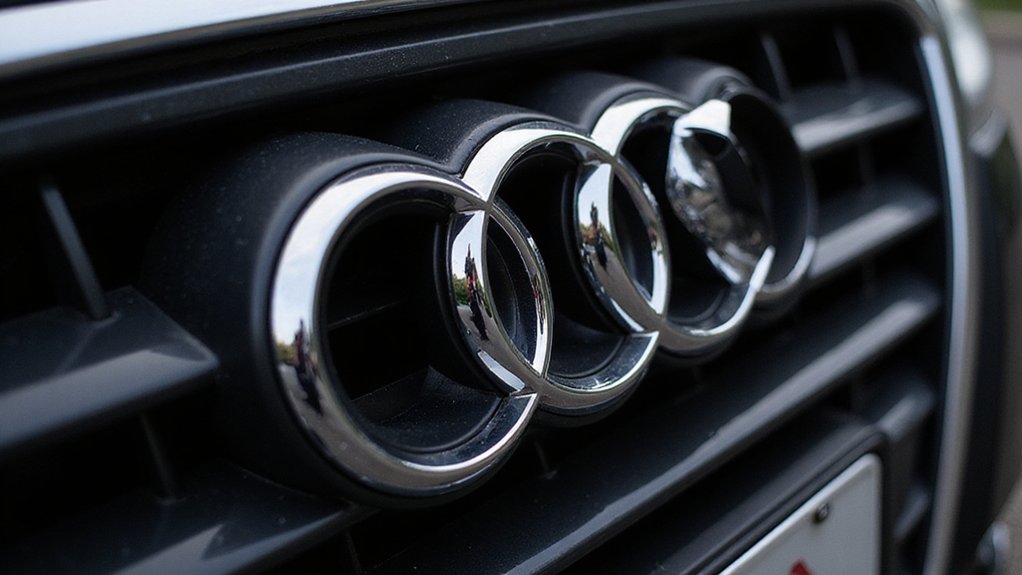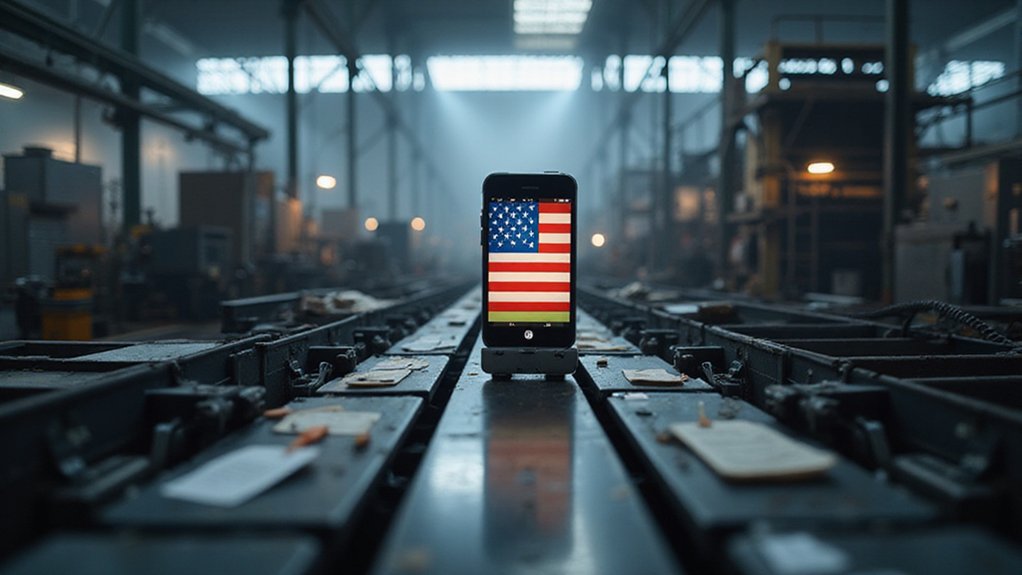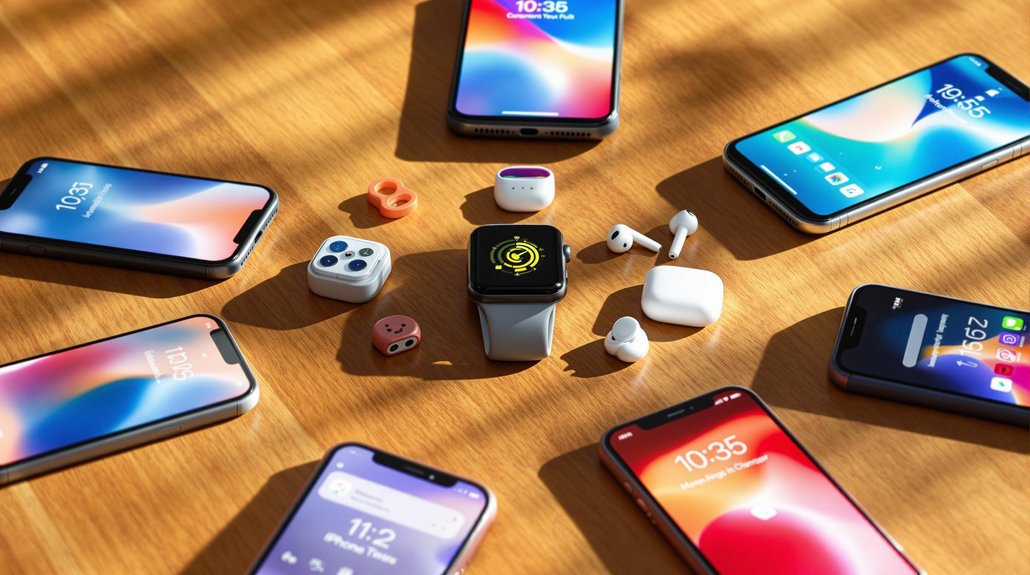President Trump directly called Amazon CEO Jeff Bezos on Tuesday about plans to display import tariff costs on products. The White House labeled Amazon’s potential move a “hostile and political act” targeting Trump’s trade policies. Following their conversation, Amazon quickly abandoned the idea, stating it was “never a serious plan.” Trump praised Bezos for the reversal. This confrontation occurred amid broader concerns about new tariffs increasing prices on consumer goods nationwide.
President Trump directly confronted Amazon CEO Jeff Bezos over the company’s plan to display tariff costs to customers. The conversation took place Tuesday morning amid growing controversy about how Amazon would show import taxes on its website. Trump called Bezos personally to express his concerns about the proposed feature.
The White House had already labeled Amazon’s potential tariff display as a “hostile and political act.” Officials viewed the plan as an attempt to target Trump’s trade policies by highlighting their costs to consumers. This concern prompted the president to take the unusual step of calling Bezos directly.
Following their discussion, Trump praised Bezos, saying “he was terrific” and that he “did the right thing” by abandoning the plan. Trump made these positive comments just hours after criticizing Amazon, calling Bezos “very nice” during their interaction. The president credited Bezos for quickly resolving the situation after their call.
The president’s tune changed dramatically after Bezos backed down, transforming criticism into praise within hours.
Amazon responded swiftly to the presidential intervention. The company clarified that displaying tariff costs was “never a serious plan” and abandoned the idea immediately after the call. This quick reversal prevented further conflict between the administration and one of America’s largest retailers.
The confrontation happened while Trump was defending his broader trade policies at his 100-day office mark. His administration had recently implemented 145% tariffs on certain Chinese products, raising concerns about increased prices on essential consumer goods. Economic analysts predict these tariffs will significantly impact essential goods prices across multiple retail sectors.
Meanwhile, Chinese retailer Temu had begun displaying import charges at checkout, sometimes doubling product prices.
In a related move showing flexibility in tariff implementation, the White House offered relief to automakers by reducing import taxes on certain car parts made outside the US but used in American-made vehicles. This action aimed to protect US automotive jobs threatened by high tariffs.
Critics have warned that Trump’s tariffs could increase prices on groceries, gas, housing, utilities, clothing, and electronics. The direct presidential intervention with Amazon highlighted the administration’s sensitivity to how businesses portray tariff impacts to consumers.









